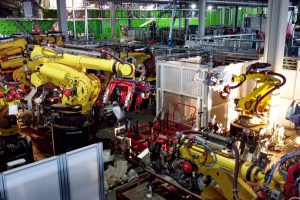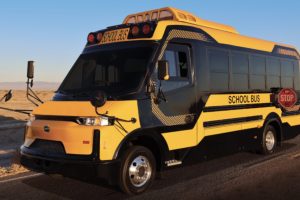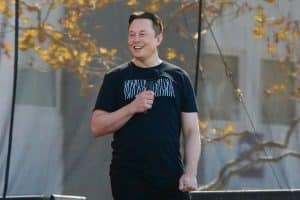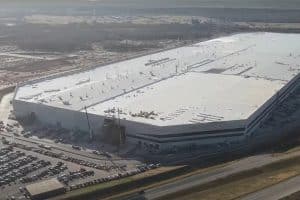Lucid Motors representatives have been spotted at a Tesla Supercharger location in California, following a startling trend in the industry.
As more and more automakers have entered the EV market, the difficulty of attracting new customers has become increasingly apparent. Perhaps nowhere has this been seen more than in the world’s two largest markets, China and the United States. The Chinese EV market is easily one of the most competitive on the planet, and in the U.S., many consumers remain skeptical of EV technology broadly. These hurdles have brought multiple brands to a common location, Tesla Superchargers.
Automakers globally are coming to Tesla Supercharger locations to offer test drives to Tesla owners. Paired with aggressive sales tactics and business cards, these salesmen attempt to convince owners to trade in their current Tesla vehicles and switch to a competing offering.
Most recently, a group of Lucid Motors representatives, alongside a Lucid Air sedan, were spotted doing just that at a Supercharger in West Hollywood, California. This strange occurrence was spotted by Ryan Zohoury on Twitter late last week.
Sadly, this is not the first time rival brands have come to a Tesla Supercharger to attract business. Earlier this year, Cadillac representatives were spotted giving test drives in the new Cadillac Lyriq in China. Neither General Motors nor Tesla China were available to comment on the occurrence.
This aggressive sales tactic puts Tesla owners and Tesla itself in a unique and slightly uncomfortable position. Purposely, Tesla Supercharger locations are open to the public and are often placed adjacent to high-traffic areas, such as malls, shopping centers, or even gas stations. Yet despite this public access, many Tesla owners have shared their distaste for being approached to test drive vehicles while they charge.
At this time, neither Tesla nor Elon Musk has commented on this customer poaching tactic, but as the strategy is seemingly growing in popularity, they may be called on to react. Hopefully, competing automakers can limit sales tactics to sales areas in the future, but with the current competitiveness of the market, it remains unclear if that will happen.





